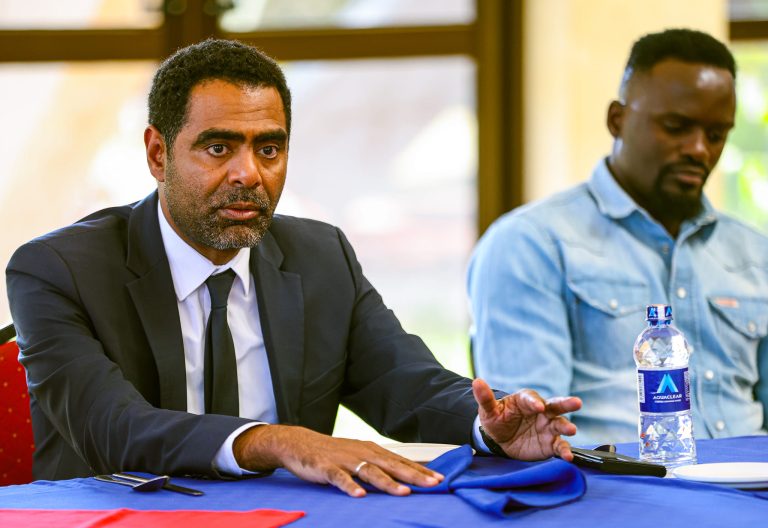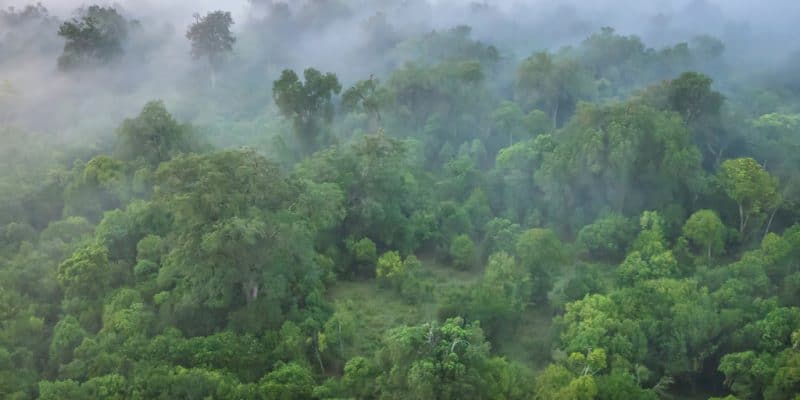Let’s protect our forests for a healthy nation
By PD columnist, March 22, 2023In 2012, the United Nations General Assembly proclaimed March 21 as the International Day of Forests with the aim of raising awareness on the importance of forests.
During celebrations, people are encouraged to plant trees and engage in activities involving conservation of and forests. This year’s theme “Healthy forests for healthy people,’’ sensitise on the importance of forests in our health and wellbeing.
What is the relationship between forests and our health? One, forests are a vital source of food and nutrition. According to the Food and Agriculture Organization of the United Nations, nearly one billion people globally depend on wild food such as herbs, fruits, nuts, meat and insects.
Countries are therefore investing a lot of money in conservation of forests and trees as a way of protecting their people from hunger. Last year, the government of Rwanda launched a programme of planting fruit trees in school premises, in a bid to provide nutrients to students, while collecting revenue from sales of fruits that will assist in development of the schools.
This is something that Kenya should borrow a leaf from.
Two, forests play a critical role in combating climate change. The National Drought Management Authority has indicated that, over 3.5 million people are on the verge of starvation due to drought.
As part of efforts to solve this problem, President William Ruto has launched a tree-planting campaign and ordered public servants to prioritise it during public events.
This will influence rainfall patterns in areas experiencing water shortages and severe drought. Forests also act as carbon sinks absorbing carbon dioxide from the atmosphere, thus playing a critical role in solving the biggest health threat facing humanity— climate change.
Three, they have both psychological and physical effects on human health. Numerous studies have shown how forests and trees can reduce stress, anxiety, depression and anger. In 1982, the Japanese Ministry of Agriculture, Forestry and Fisheries coined the term shinrin-yoku, which means “forest bathing”. The ministry encouraged people to visit forests to relieve stress and improve health.
Asian countries also encourage tree hugging, as an effective way of emotional healing. This perhaps is what the 32nd President of United States, Franklin Roosevelt meant when he said “forests are the lungs of our land, purifying the air and giving fresh strength to our people”.
Fourth, they provide us with natural medicines. Countries such as India where we run when we get sick, have now fully embraced herbal medicines for modern treatment. It is, therefore, important for our government to support the Kenya Medical Research Institute and our universities so that they can prioritize research in developing traditional medicines.
At a time when the government is keen on universal healthcare coverage, it will be important for us to embrace preventive rather than curative medicine and herbal solutions to common diseases.
To this end, we must recognise the efforts of heroes and heroines such as the late Prof Wangari Maathai, an environmental justice organiser who was the first African female to win the Nobel Peace Prize for her contribution to sustainable development.
In her honour, I urge the government to make the climate change education compulsory in all our schools, so that we can nurture a new generation of men and women, who will grow up understanding the importance of planting trees and conserving our forests.
The government should also come up with strict laws that will protect our forests from land grabbers, something that Maathai fought for.
—The writer is a Yali RLC EA Fellow, Cohort 40
More Articles

